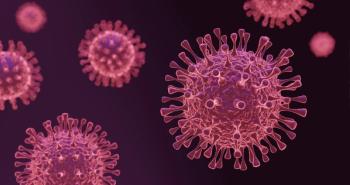
New human gene editing therapies, drug discoveries, targets, and CRISPR technology holds the potential to usher in a new age in medicine.

New human gene editing therapies, drug discoveries, targets, and CRISPR technology holds the potential to usher in a new age in medicine.
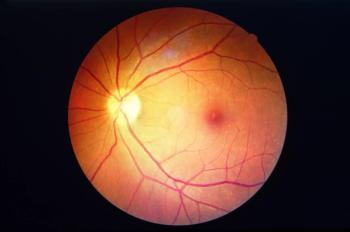
REGENXBIO previously announced positive data in patients with wet AMD who were treated with the same gene therapy.
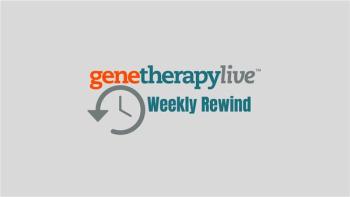
Review top news and interview highlights from the week ending October 8, 2021.

The director of the Powell Gene Therapy Center at the University of Florida discussed adverse events in gene therapies.

Paul Wotton, PhD, chief executive officer, Obsidian Therapeutics, discussed the company’s pipeline and technologies.

Patients treated with RGX-314 also had stable BCVA and central retinal thickness.

The director of the Powell Gene Therapy Center at the University of Florida discussed the recent meeting of the FDA Cellular, Tissue, and Gene Therapies Advisory Committee.

Review top news and interview highlights from the week ending October 1, 2021.
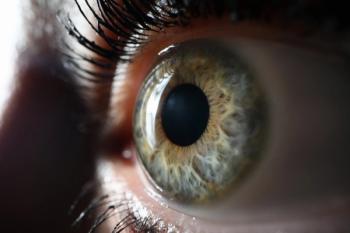
The dose was previously evaluated in adult patients with no comparable inflammation.

A competing RNA-based therapy for LCA10 is currently being evaluated in a phase 2/3 trial.
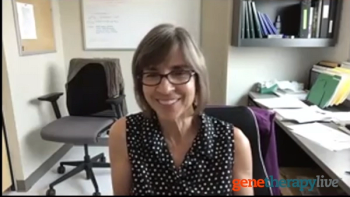
Directors from the Moran Eye Center discussed researching gene therapy approaches targeting HTRA1 in AMD.

Review top news and interview highlights from the week ending September 24, 2021.

The recent FDA Advisory Committee meeting follows a turbulent year for gene therapy studies.
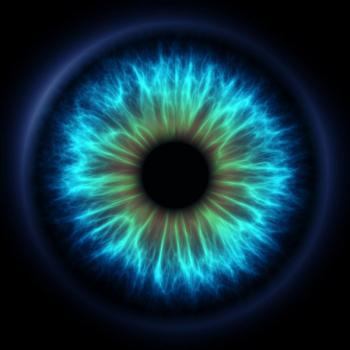
Brian Culley, chief executive officer, Lineage Cell Therapeutics, discussed updated data from the phase 1/2 study of OpRegen.
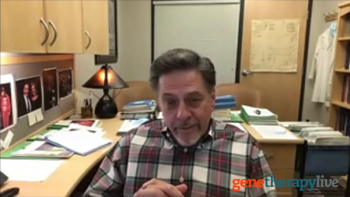
The executive director of the Steele Center for Translational Medicine at the Moran Eye Center discussed the 8,000 donated eye repository that aided his research in AMD.
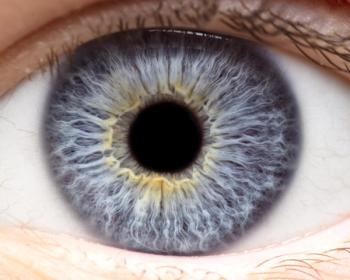
Lineage Cell Therapeutics announced promising data from interim results of the phase 1/2a clinical trial assessing the cell therapy.

The executive director of the Steele Center for Translational Medicine at the Moran Eye Center discussed his team’s research in the role of HTRA1.
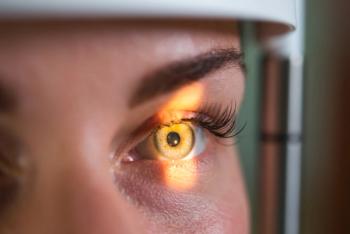
Researchers are exploring gene-independent therapeutic strategies to circumvent the challenges of gene-replacement therapies.

RGX-314 is being developed to target wet AMD, diabetic retinopathy, and other chronic retinal diseases.
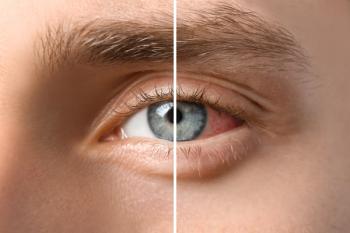
A single-dose gene therapy for uveitis could fill an important treatment gap for patients.
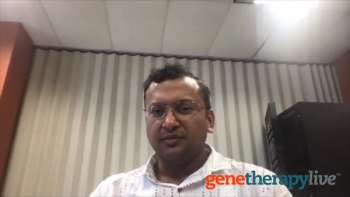
Samarendra Mohanty, PhD, cofounder and president, Nanoscope Therapeutics, discussed the company’s technological platforms and RESTORE trial data.

Directors from the Moran Eye Center discussed their research on the genetics of age-related macular degeneration.

A new animal model will facilitate the study and development of gene therapies in retinal diseases.
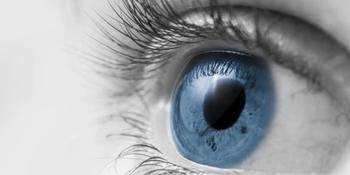
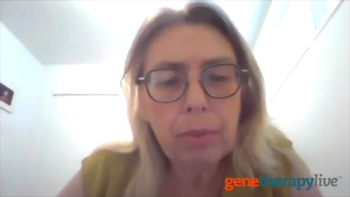
Magali Taiel, MD, chief medical officer, GenSight Biologics, discussed future research the company plans to pursue.